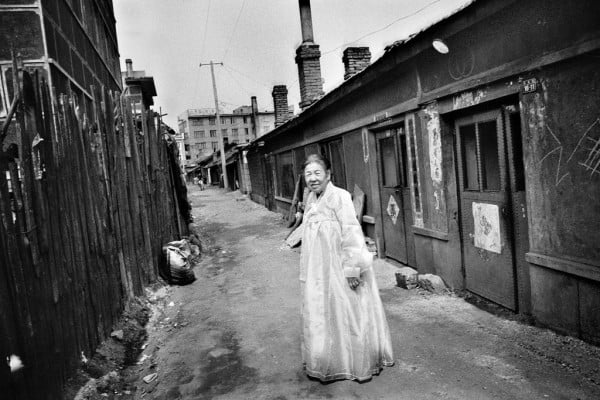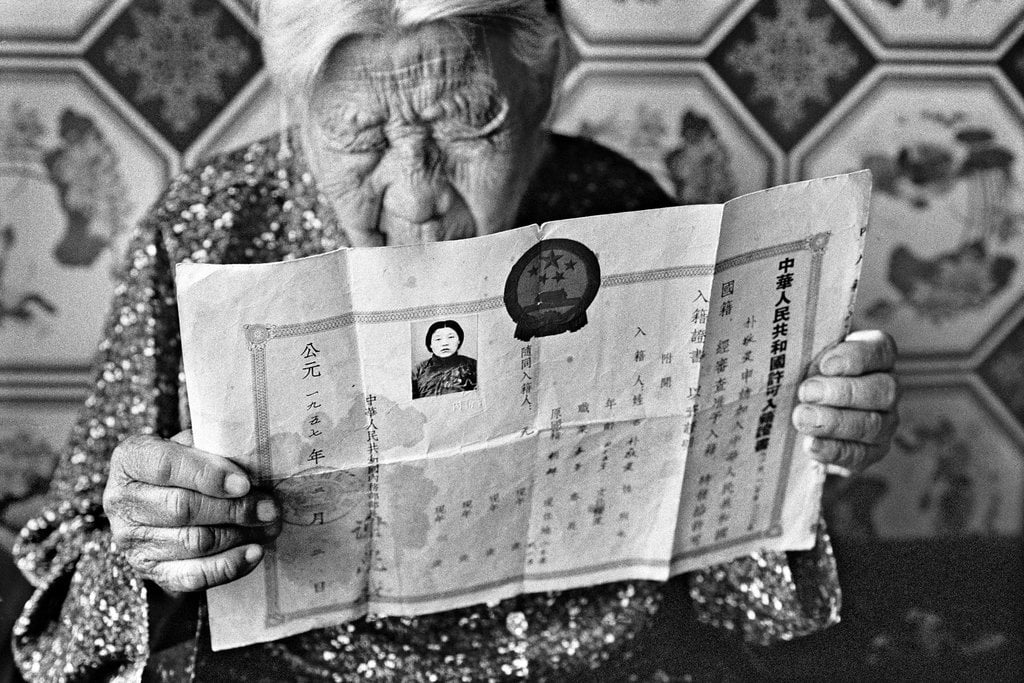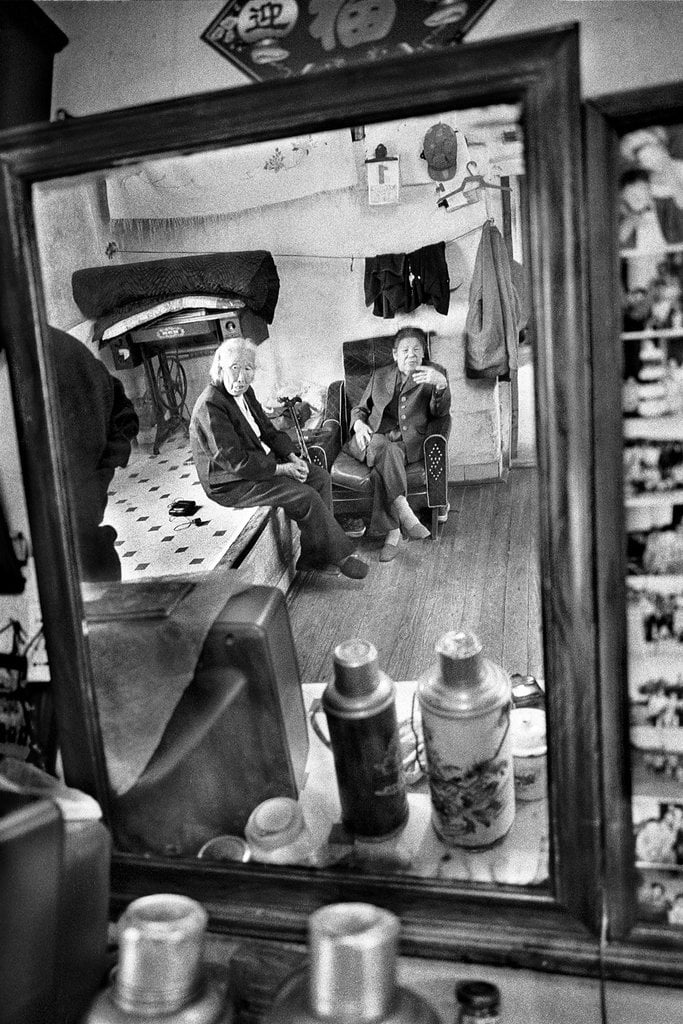Art & Exhibitions
Nikon Loses Court Battle for Canceling Show of Photographs of ‘Comfort Women’
"Comfort women" were forced into sexual slavery during World War II.

"Comfort women" were forced into sexual slavery during World War II.

Sarah Cascone

Korean photographer Ahn Sehong has won his case against Nikon over the company’s attempt to censor his show of photographs of the so-called “comfort women,” a euphemistic term for those South Koreans forced into sexual slavery during World War II by the Japanese Army. Tokyo District Court ordered the camera company pay Ahn 1.1 million yen ($9,100), reports AFP.
The issue of whether the Japanese military were solely responsible for the plight of the comfort women or if local businessmen tricked them is a contentious one, with South Korea still seeking compensation. The relationship between the two nations remains strained over the issue even today.

Ahn Sehong, Park Dae-im, born in 1912, holds her only form of personal identification, a residence permit issued when she was sent to a comfort station in what is now Shenyang, China, in 1934.
Photo: Ahn Sehong.
Ahn had booked the Nikon Salon in Tokyo for the exhibition of 37 photographs of surviving comfort women, now in their 80s and 90s. When Nikon received a number of complaints about the sensitive nature of the photographs following the publication of a newspaper article on the exhibition, they abruptly cancelled it. In court, Nikon claimed the decision to close the show was based on safety concerns.
“I’m happy that freedom of expression has been acknowledged,” said Ahn to the press following his victory, according to Sankei Shimbun newspaper.
Ahn had previously been granted the right to host the exhibition as originally planned, with Tokyo District Court ruling in his favor. Nikon had argued that the Salon was meant to promote “the development of photographic culture,” and that exhibitions there could not have political motives, an argument that the court rejected.

Ahn Sehong, Lee Su-dan (left), born in 1922, was sent to a comfort station in Shimenzi, China, in 1940.
Photo: Ahn Sehong.
Beginning in 2001, Ahn spent 11 years visiting small villages in China, tracking down the now-elderly women, listening to their stories about how they had been forced to become comfort women.
“They were very ashamed of the fact they had been comfort women,” Ahn told the New York Times. “But in time I gained their friendship.”
On December 25, Japanese foreign minister Fumio Kishida announced plans to visit South Korea, seeking to reach a final settlement regarding the comfort women, of which there are still 46 known survivors. Previously, Japan had insisted that a 1965 compensation agreement between the two countries had resolved the issue.